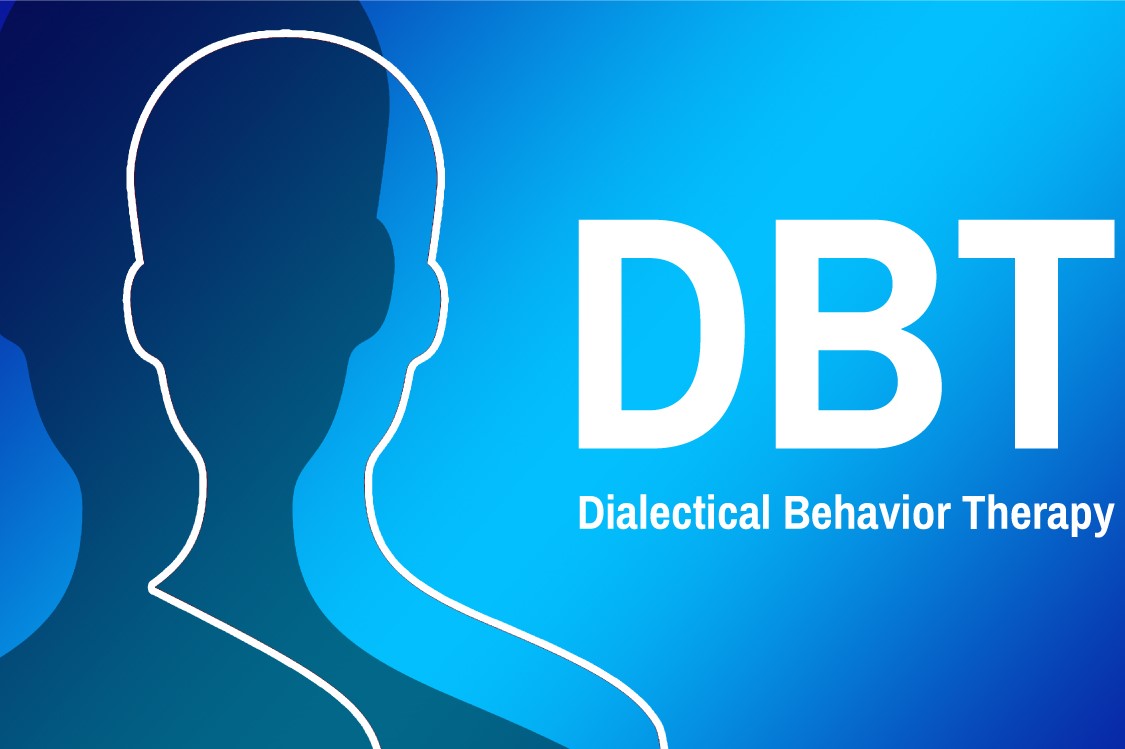
Dialectical Behaviour Therapy (DBT) applied to autism spectrum disorders
Dialectical Behaviour Therapy or DBT is a treatment designed by Marsha Linehan in the 1970s for the treatment of borderline personality disorder
DBT or Dialectical Behaviour Therapy combines the benefits of standard cognitive-behavioural therapy with so-called ‘third-wave’ approaches such as mindfulness-based approaches
DBT does more: it espouses and applies the principles of dialectical philosophy, through the teaching of skills that allow patients, in a synthetic balance, both to change their problematic behaviour patterns and to accept aspects of their condition that cannot be changed.
A concept that might remind, especially to the generations who grew up with American TV series, the Serenity Praye adopted in the well-known “Twelve Step Programme of AA”, which asks for “the serenity to accept the things I cannot change, the courage to change the things I can, and the wisdom to know the difference”.
Recent applications of DBT
Although DBT was originally conceived as a therapy of choice for symptoms such as impulsivity, emotional lability and self-injurious behaviour typical of borderline personality disorder, numerous studies have also demonstrated its effectiveness for patients with mood disorders (e.g. bipolar disorder), PTSD, substance addiction and eating disorders.
In addition, some authors have developed a variant, Radically Open Dialectical Behavior Therapy or RO DBT, for people with internalising symptoms, i.e. hypercontrol, an excessive tendency to inhibit behaviours, impulses and desires, because in the long term this may lead to social isolation and interpersonal problems, or be associated with disorders such as anorexia nervosa, depression and personality OCD.
DBT and autism
A recent study has also extended DBT to the treatment of patients with autism spectrum disorder, which shares some characteristics with borderline personality disorder, especially self-harm and, more delicate and difficult to manage, suicidal behaviour: for which, as we know, dialectical-behavioural therapy has proved to be the gold standard treatment.
More precisely, the study will assess its success in terms of reducing suicidal and/or self-harming behaviour and compare its effectiveness, compared to the usual treatment for reducing anxiety, in improving social performance, reducing depression, improving quality of life and cost-effectiveness.
The 128 people in the sample were diagnosed with autism and associated anti-conservative and self-harming behaviours and were assigned to:
The experimental DBT condition, consisting of weekly sessions of individual cognitive-behavioural therapy and a group skills training session, twice a week for 6 months;
The control condition: consisting of the usual treatment, i.e. weekly individual therapy sessions of 30-45 minutes.
Among the merits of the experiment, there is that of being the first single-blind randomised controlled clinical trial to examine the effectiveness of DBT in people with autism and suicide: a phenomenon, the latter, on which many grey areas still remain, especially when it concerns the autistic population.
References
Carlucci, S. (2021) Dialectical Behavioural Therapy (DBT) and Autism: future implications, State of Mind The Journal of Psychological Sciences, April.
Gilbert, K., Hall, K. & Codd, T. (2020) Radically Open Dialectical Behavior Therapy: Social Signaling, Transdiagnostic Utility and Current Evidence, Psychology Research and Behavior Management, 13: 19-28.
Huntjens, A., Wies van den Bosch, L.M.C., Sizoo, B., Kerkhof A. Huibers, M.J.H. & van der Gaag, M. (2020) The effect of dialectical behaviour therapy in autism spectrum patients with suicidality and/ or self-destructive behaviour (DIASS): study protocol for a multicentre randomised controlled trial, In BMC Psychiatry (2020) 20:127, 1-11.
Linehan MM (1993) Cognitive behavioural therapy of borderline personality disorder, New York: Guilford.
Lynch, T.R. (2018), The Skills Training Manual for Radically Open Dialectical Behavior Therapy: A Clinician’s Guide for Treating Disorders of Overcontrol, Reno, NV: Context Press, an imprint of New Harbinger Publications, Inc.
Read Also:
Autism, Here Are Three Tests On Predictive Signs That Paediatricians Should Know About


